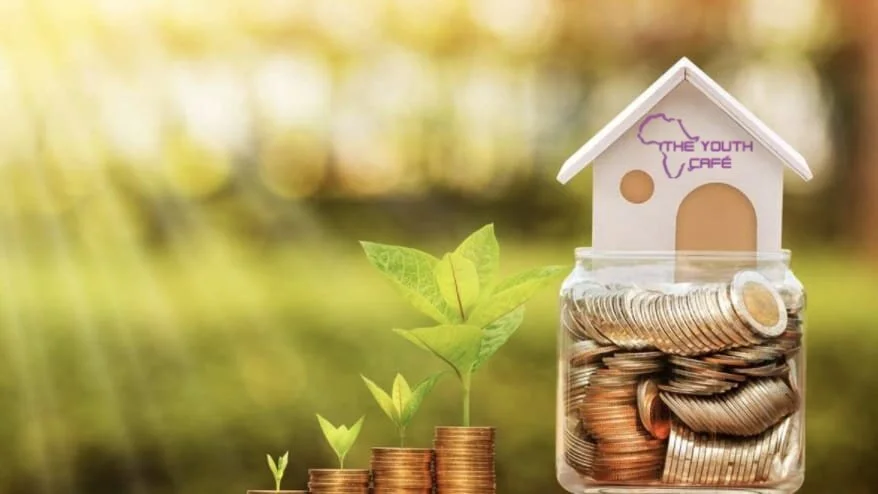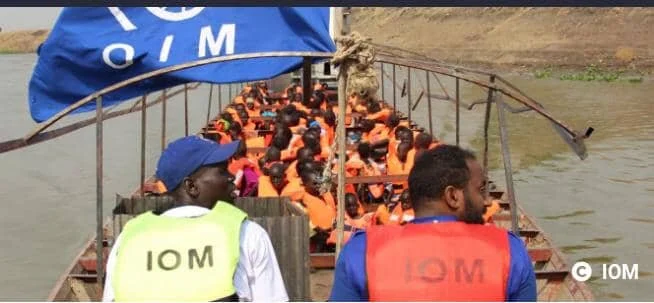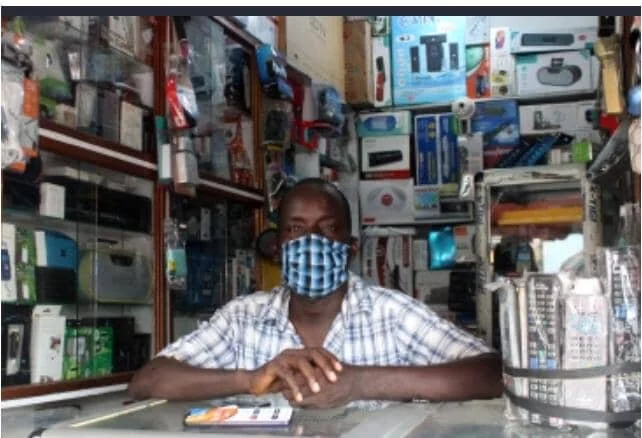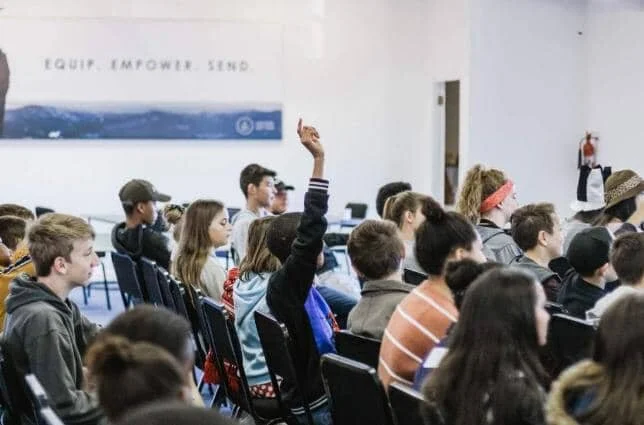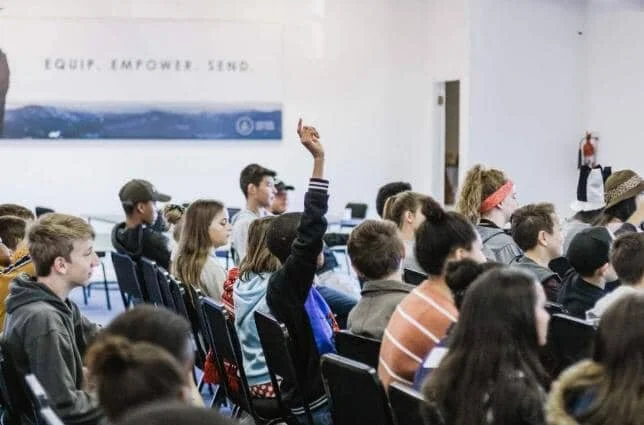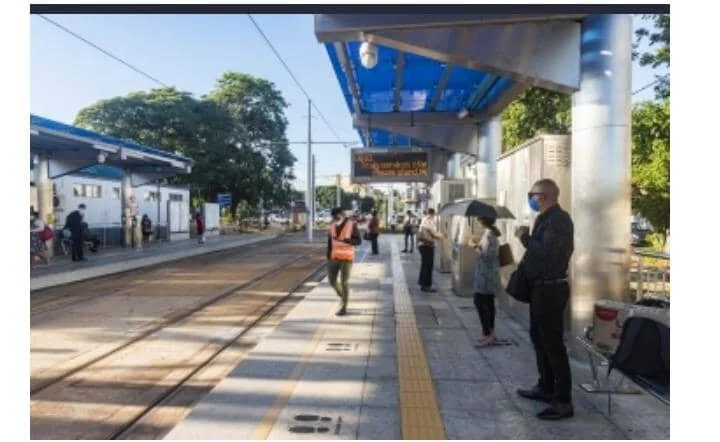The world faces major challenges including Covid-19, climate change, rising poverty, inequality and violence in many countries. Inequality is most apparent in the direct effects of COVID that hits informal workers and the vulnerable the most, vaccinations, wealth concentration, unequal impact of the fiscal stimulus, asset purchases and the imbalance in debtor/ creditor relationships particularly for people in the poorest countries. Many developing countries entered the pandemic with unsustainable debt levels but WBG worked to achieve a debt service suspension initiative and increased transparency in debt contracts.
Key Green Transitions: How Systems Are Changing For People And Planet.
There is a need to have global cooperation; working together to create a future that is green, resilient and inclusive for everyone. Looking at records, 2020 tied with the warmest year ever, broke the record for the most wildfires and the most hurricanes in the Atlantic and linked to the desert locust outbreak that hit Africa, Middle East and parts of South Asia with severe implications for food security and livelihood.
Rethinking Debt: Financing The Future Amid Crisis.
What is our perspective as The Youth Cafe? It is important for us to work on innovative solutions to the current debt challenge so that these solutions respond to diverse needs of borrowers and lenders. K.Y Amoako rightly puts it, “Do not just focus on debt. If Africa is to achieve, rekindle loss to covid in terms of meeting our SDGs goals in the decade ahead, we must transform our economies at a faster pace than we have been so far. It's about transformation. And to transform, african countries like countries everywhere, must borrow. But to ensure that this borrowing is manageable, it must be affordable to ensure we can repay our debts.”
How Might We Meaningfully Engage Youth in the Intergovernmental Energy Space
It is clear that in order to ensure a rapid and equitable energy transition, the youth must be a key group involved in planning, decision making, and implementation. This summary lays out the main points of the white paper on meaningful youth engagement in the events and processes in the intergovernmental energy space. The recommendations are built upon the principles and barriers for meaningful youth engagement developed through consultative processes by The Youth Cafe. This document was developed by the SDG7 Youth Constituency (SDG7 YC), which is the formal and dedicated youth engagement mechanism in UN sustainable development processes focused on energy. It is associated with The Youth Cafe. It also promotes youth engagement in other energy-related initiatives in the multilateral system.
End Of Mandate Reflections | Africa Union Youth Envoy
It has been an honor to serve Africa’s youth as the first African Union Special Envoy on Youth for the past two years and to engage thousands of youth from around the continent and the diaspora, visit countless cities and communities to learn from brave and passionate young people, listen to their stories of agency and hope and explore how the AU can better support their crucial work. These are young people that I shared a cup of tea with at the many youth engagements, we cried together at the struggles we went through, we laughed and danced together, we shaped the Office of the Youth Envoy (OYE) into what it has become today, by “Shaking Things Up”.
Migration Amid COVID-19: Young Africans Weigh Their Options
While the African migration narrative may be dominated by desperate youth involved in irregular migration, the near-term impact of the COVID-19 pandemic on them has also increased the migration of certain groups, especially those with skills useful in the health sector of destination countries. Increasingly, migration for work or education has become a common phenomenon in Africa. Data from the International Migrant Stock 2019 report, prepared by the UN Department of Economic and Social Affairs (DESA), shows that international migrants in 2019 numbered an estimated 272 million, an increase of 51 million since 2010.
AfCFTA: How Intellectual Property Laws Can Help Create Jobs
The Agreement establishing the African Continental Free Trade Area (AfCFTA) is ambitious. Bringing together 55 African Union member states, it will form the world’s largest free trade area by the number of participating countries. The Agreement covers trade in goods and services, investment, intellectual property rights and competition policy. The Phase II negotiations of the agreement hold many opportunities, particularly for Intellectual Property (IP). A strong IP regime across the continent will facilitate the growth of MSMEs and will lead to increased job creation especially for women and the youth.
Global Youth Forum 2020: Day 1
The 8th Global Youth Forum was held online via Zoom on 24-25 October 2020, assembling 36 participants from 18 different countries. The main subject Acting on the Earth Charter allowed a rich exchange between young people and experienced professors, creating solutions and sharing awareness about several risks we are facing as a community, like the climate crises or social disparities.
Global Youth Forum 2020: Day 2
The second day of the youth forum was introduced by Dr. Roberto Savio, Director of ECPD International Relations, prominent journalist and publisher of The Other News - Voices against the tide. Dr. Savio outlined that we are living in a time of transition, a time where globalization has become the main economic engine, where capitalism defines the new liberalism, and that it is time for us to rethink our neoliberal capitalist development model, due to its many negative outcomes. Globalization reinforces the gap between rich and poor.
Social, Environmental Factors Seen Behind Africa’s Low COVID-19 Cases
The pandemic has largely been in a younger age group and has been more pronounced in a few countries, suggesting country-specific aspects are driving the pattern of disease and death. COVID-19 transmission in Africa has been marked by relatively fewer infections, which have been on the decline over the past months, owing to a variety of socio-ecological factors as well as early and strong public health measures taken by governments across the region.



